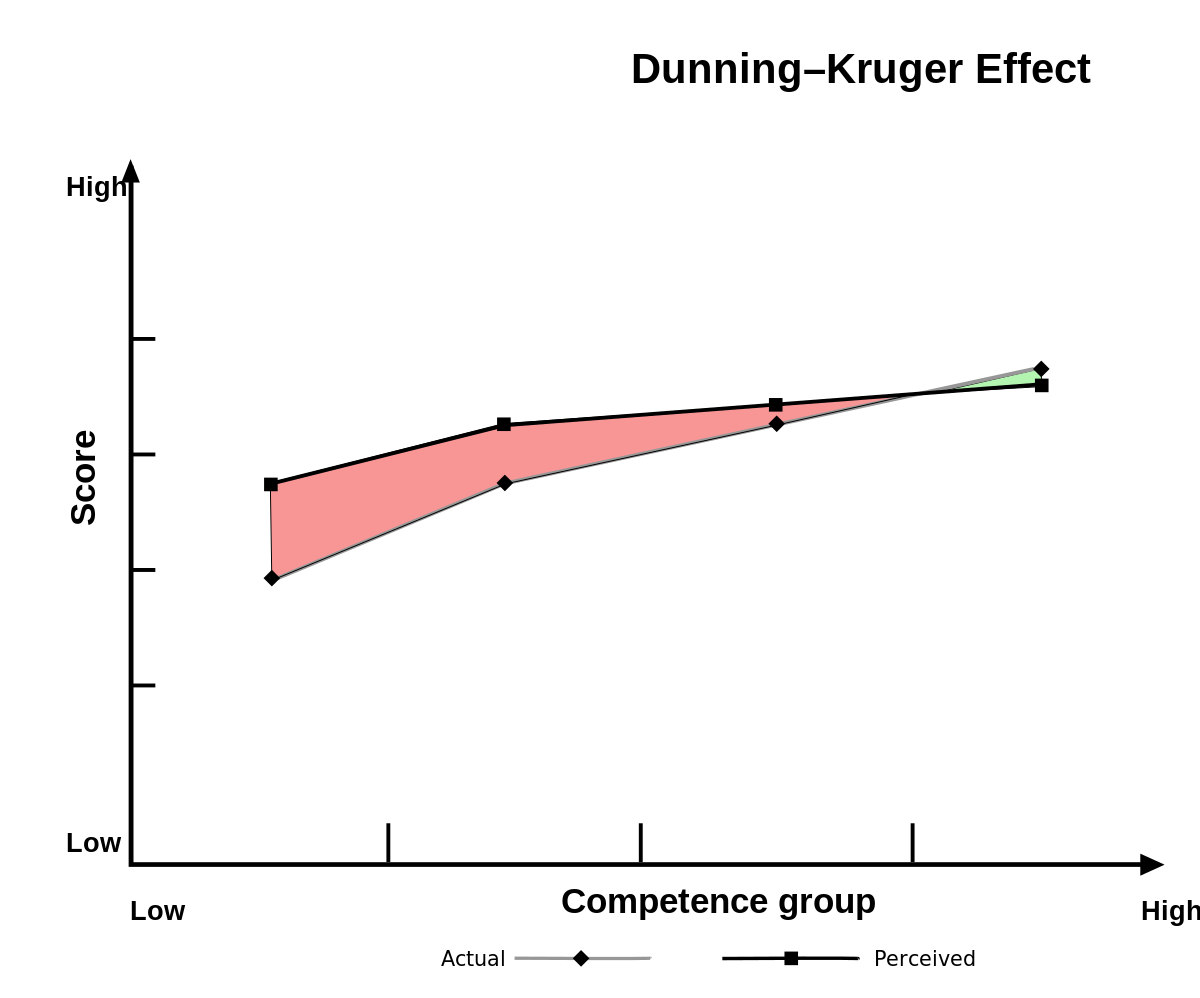The Dunning-Kruger Effect and Its Role in Scientific Research and Publication
The fascinating universe of scientific research and publication is a critical cornerstone in humanity's relentless quest for knowledge and understanding. Within this realm, various psychological phenomena affect the dynamics and outcomes of research studies and their subsequent publications. One intriguing yet influential concept in this respect is the Dunning-Kruger Effect.
What is the Dunning-Kruger Effect?
Proposed by social psychologists David Dunning and Justin Kruger in 1999, the Dunning-Kruger Effect is a cognitive bias where individuals with low ability at a task overestimate their ability, while those with high ability underestimate their competency. The effect is a manifestation of the human mind's resistance to recognize its limitations, leading to fascinating and often counterintuitive implications.
The Dunning-Kruger Effect in Scientific Research
In the field of scientific research, the Dunning-Kruger Effect can be surprisingly relevant and pervasive. Researchers at the beginning of their careers, or those venturing into a new field, can be susceptible to this cognitive bias. With a superficial understanding of the subject matter, they may overestimate their knowledge and competence, leading to oversights in experimental design, analysis, and interpretation. This skewed self-perception could result in flawed conclusions and can potentially impact the quality of their research output.
For example, a researcher with a basic understanding of machine learning might believe they're capable of creating a complex algorithm without truly grasping the intricacies involved. This overconfidence can result in algorithms that are poorly constructed, biased, or incapable of generalization — all of which may not be apparent to the researcher due to their inflated perception of their own competence.

The Dunning-Kruger Effect in Scientific Publication
The Dunning-Kruger Effect also finds its expression in the process of scientific publication. Authors with limited understanding may present flawed studies with an unjustified level of confidence, often failing to recognize the gaps in their work. Additionally, peer-reviewers, despite being experts in the broader domain, may also overestimate their understanding of specific topics within their field, leading to less critical evaluation and subsequent publication of less rigorous work.
Mitigating the Dunning-Kruger Effect
The first step in mitigating the Dunning-Kruger Effect in scientific research and publication is recognizing its existence and potential impact. Creating an environment that encourages humility, continuous learning, and constructive criticism can help counteract this bias.
As researchers, it is vital to pursue a comprehensive understanding of our fields, engage in thorough literature reviews, and seek mentorship and peer feedback. Embracing the reality that there will always be more to learn, regardless of one's expertise, can promote a more accurate self-assessment of one's skills and abilities.
On the publication front, ensuring diversity among peer reviewers, soliciting multiple opinions, and favoring a culture of constructive criticism can help catch errors or oversights that might otherwise go unnoticed. Implementing blind reviews can also minimize bias and contribute to the objectivity and rigor of the publication process.
Conclusion
The Dunning-Kruger Effect, though a common cognitive bias, has the potential to shape and influence the field of scientific research and publication significantly. By promoting a culture of humility, continuous learning, and constructive feedback, the scientific community can better manage the implications of this effect, improving the integrity and quality of scientific output. As we continue to advance in our collective quest for knowledge, understanding our own cognitive biases is just as critical as understanding the world around us.
Read published articles here: Arhive
Get Newsletter from Technium Science
